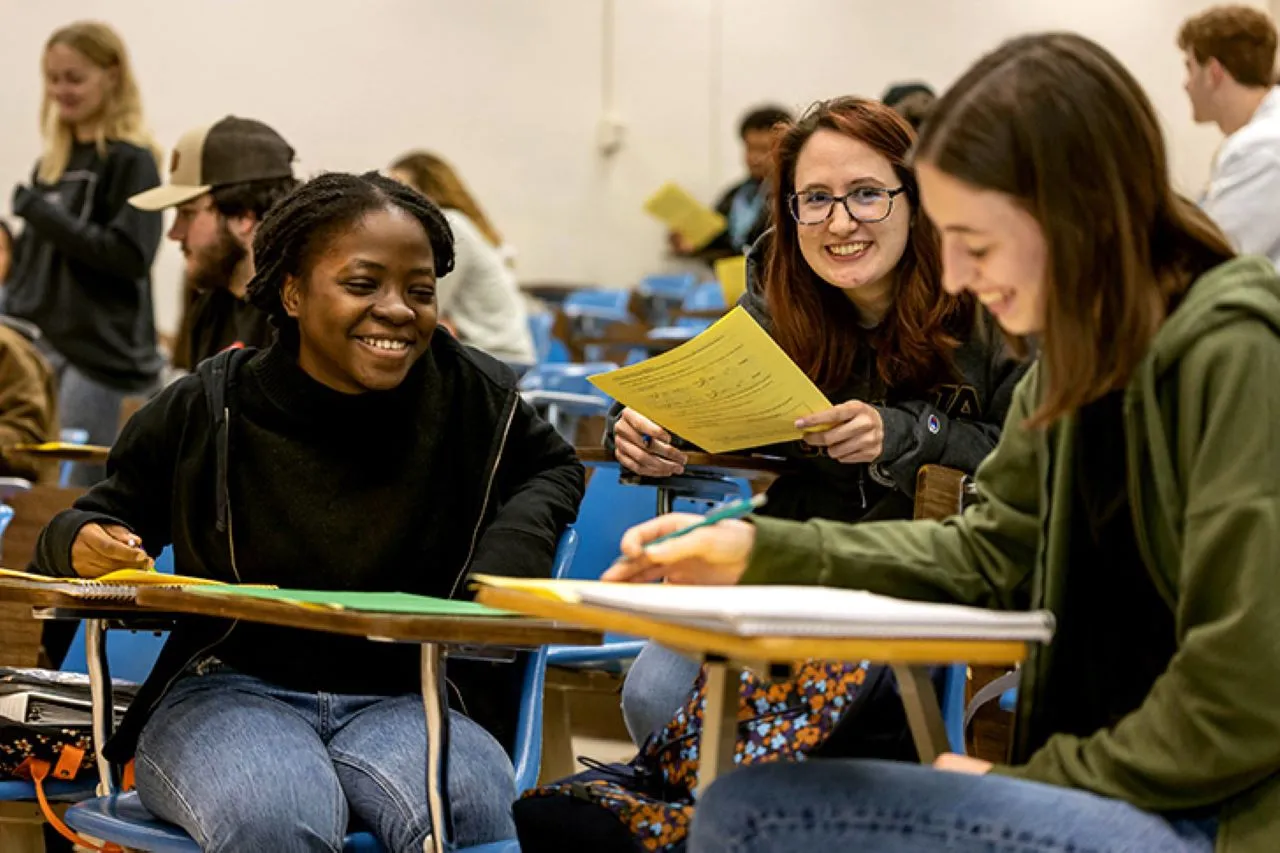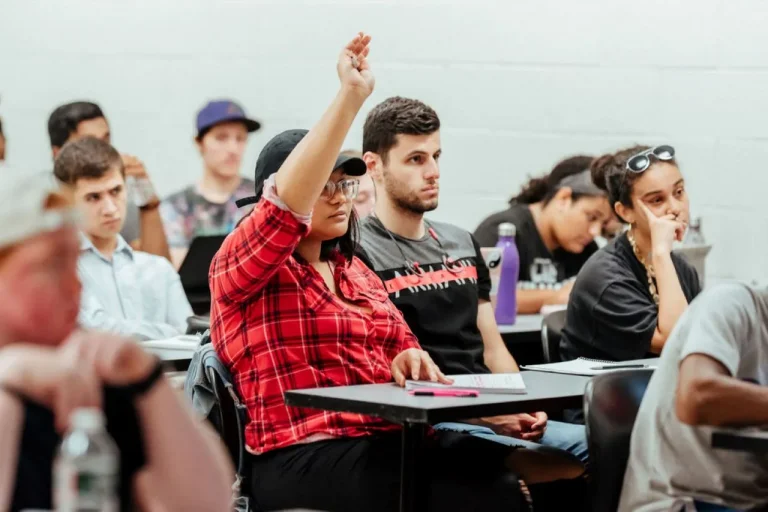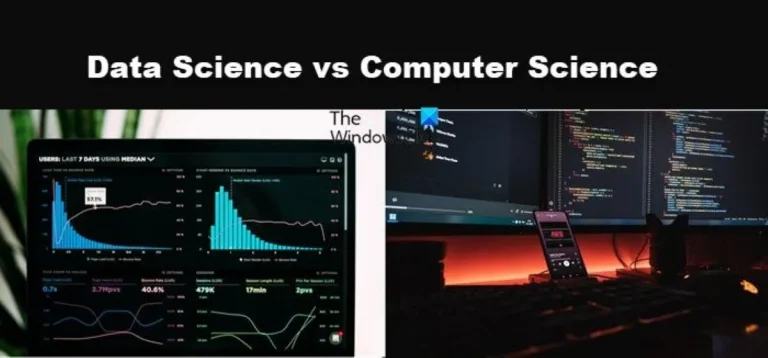Political Science And Economics: The Power Duo Major
Navigating a double major can be a challenge, but political science and economics are a natural pair. If you’re crunched for time, here’s the lowdown: this combo covers how governments manage resources and make policy, giving you a top-down and bottom-up view of society.
Keep reading to learn why this dynamic duo opens doors to law, policy research, and beyond.
This guide will analyze how political science and economics intertwine and complement one another. You’ll discover shared concepts like game theory, collective action problems, and institutional analysis.
We’ll also explore potential career paths, from law school to think tanks, as well as notable alumni of the poli-sci/econ route. By the end, you’ll see why this joint major offers intellectual synergies you won’t find anywhere else.
The Intersection of Politics and Money
Political Science and Economics may seem like two separate fields of study, but they have a powerful synergy when combined. The intersection of politics and money creates a dynamic and influential field of research that can shape policies, economies, and societies.
With a focus on understanding the relationship between power and wealth, this power duo major offers a unique perspective on how governments and markets interact.
Political Economy and Public Policy
One area where Political Science and Economics intersect is in the study of political economy and public policy. This branch of research examines how political decisions and institutions impact economic outcomes and vice versa.
By analyzing the allocation of resources, tax policies, and regulations, political economists can gain insights into how governments shape economic systems and influence the distribution of wealth. This knowledge is crucial in designing effective public policies that promote growth, reduce inequality, and address societal challenges.
For example, a study conducted by The National Bureau of Economic Research found that countries with more inclusive political institutions tend to have higher economic growth rates. This suggests that political systems that allow for broader participation and representation can lead to more favorable economic outcomes.
By studying the intersection of political economy and public policy, students in this major can contribute to the development of policies that foster economic prosperity and social well-being.
Behavioral Economics
Another fascinating area within the intersection of Political Science and Economics is behavioral economics. This field explores how individuals’ psychological and cognitive biases influence their decision-making processes, particularly in the context of economic choices.
By understanding these biases, policymakers can design interventions and incentives that nudge individuals towards making better decisions.
For instance, research conducted by Richard H. Thaler, a Nobel laureate in economics, has shown that individuals often exhibit irrational behavior when it comes to saving for retirement. They tend to prioritize immediate gratification over long-term financial security.
By incorporating behavioral insights into retirement savings programs, policymakers can encourage individuals to make better financial decisions and improve their overall well-being.
The field of behavioral economics has gained significant attention and has been applied in various policy domains, such as healthcare, environmental conservation, and consumer protection. Students pursuing this major can contribute to the development of evidence-based policies that account for the complexities of human behavior, leading to more effective and efficient outcomes.
Developing an Analytical Toolkit
When pursuing a major in Political Science and Economics, students have the opportunity to develop a unique and powerful analytical toolkit. This combination of disciplines equips individuals with the skills and knowledge needed to understand and analyze complex economic and political systems.
By studying both political science and economics, students gain a comprehensive understanding of the world around them and are prepared to tackle a wide range of issues.
Quantitative Methods
One of the key components of this major is the emphasis on quantitative methods. Students learn how to collect, analyze, and interpret data using statistical tools and methodologies. This skillset is invaluable in understanding economic trends, political behavior, and policy outcomes.
By mastering quantitative methods, students are equipped with the ability to make evidence-based decisions and draw meaningful conclusions from data.
Economic Modeling
Another important aspect of the Political Science and Economics major is the study of economic modeling. This involves using mathematical and statistical techniques to understand and predict economic phenomena.
Students learn how to build economic models that can simulate real-world scenarios and help policymakers make informed decisions. By studying economic modeling, students gain a deeper understanding of the forces that shape our economy and are better equipped to analyze and propose solutions to economic challenges.
Political Theory
Political theory is another crucial component of this major. Students explore the ideas and concepts that underpin political systems and institutions. They study the works of influential political thinkers, such as Plato, Machiavelli, and Rousseau, to gain insights into the nature of power, governance, and democracy.
By examining political theory, students develop a critical and analytical mindset that allows them to evaluate and understand the complexities of political systems.
For more information on quantitative methods, visit www.statisticshowto.com.For more information on economic modeling, visit www.economicmodeling.com.For more information on political theory, visit www.political-theory.org.
Preparing for Your Future Career
As a student pursuing a major in Political Science and Economics, you are setting yourself up for a bright and promising future. This dynamic and interdisciplinary field of study equips you with a range of skills and knowledge that are highly sought after in various professional sectors.
Whether you have a specific career path in mind or are still exploring your options, this major will provide you with a solid foundation to excel in a wide array of fields.
Law School
For those interested in pursuing a career in law, a major in Political Science and Economics can be an excellent stepping stone. The critical thinking, analytical skills, and understanding of political systems and economic principles gained through this major can serve as a strong foundation for success in law school.
Many law schools value applicants with a diverse academic background, and a major in Political Science and Economics can set you apart from other applicants. Additionally, the knowledge of how governments and economies function can be highly beneficial in areas of law such as constitutional law, administrative law, and international law.
Public Policy
Another career path that is well-suited for graduates with a major in Political Science and Economics is public policy. Public policy professionals work to shape and implement policies that affect society at large.
With a deep understanding of political systems, economic theories, and quantitative analysis, graduates with this major can contribute effectively to policy-making processes. Whether it is in government agencies, non-profit organizations, or research institutions, a major in Political Science and Economics provides the necessary tools to analyze complex policy issues, propose solutions, and advocate for change.
Think Tanks and Academia
If you have a passion for research and a desire to contribute to the academic field, a major in Political Science and Economics can open doors to opportunities in think tanks and academia. Think tanks are organizations that conduct research and provide analysis on various policy issues.
These organizations often employ individuals with expertise in political science and economics to conduct research, write reports, and provide recommendations to policymakers. Additionally, a major in Political Science and Economics can also lead to opportunities in academia, where you can pursue a career as a professor or researcher, sharing your knowledge and contributing to the advancement of the field.
Noteworthy Graduates and Leaders
Christine Lagarde
One of the most prominent and influential figures in both political science and economics is Christine Lagarde. She holds a Bachelor’s degree in Political Science and a Master’s degree in Law. Lagarde has had an impressive career, serving as the Managing Director of the International Monetary Fund (IMF) from 2011 to 2019.
During her tenure, she played a crucial role in stabilizing the global economy and promoting financial inclusion. Lagarde’s expertise in both political science and economics enabled her to navigate complex international negotiations and implement policies that fostered economic growth and development.
Paul Krugman
Paul Krugman is another notable graduate who has made significant contributions to both political science and economics. He earned his Bachelor’s degree in Economics and later received a Ph.D. in Economics from MIT.
Krugman is a renowned economist, columnist, and author who has been awarded the Nobel Prize in Economic Sciences for his analysis of trade patterns and location of economic activity. His work has greatly influenced the field of economics and has shed light on the interplay between politics and economic policies.
Angus Deaton
Angus Deaton is a highly esteemed economist with a strong background in political science. He obtained his Bachelor’s degree in Economics and his Ph.D. in Economics from Cambridge University. Deaton’s research primarily focuses on poverty, inequality, and health economics.
His work has been instrumental in shaping global development policies and understanding the socio-economic determinants of health outcomes. Deaton’s interdisciplinary approach, combining political science and economics, has allowed him to provide valuable insights into the complex relationship between politics, society, and economic well-being.
These three individuals serve as prime examples of how a dual major in political science and economics can lead to remarkable achievements in both fields. Their expertise and contributions have greatly influenced global economic policies, demonstrating the power and relevance of this interdisciplinary major.
Current and Emerging Fields
Political science and economics are dynamic fields that constantly evolve to meet the changing needs and challenges of society. Within these disciplines, several subfields have emerged in recent years, each offering unique insights into the intersection of politics and economics.
This article will explore three of these exciting and rapidly growing fields: behavioral political economy, comparative political economy, and public economics.
Behavioral Political Economy
Behavioral political economy combines principles from both political science and economics to study how individuals and groups make decisions in political contexts. It focuses on understanding how psychological factors, such as biases and heuristics, influence political behavior and economic outcomes.
By analyzing the cognitive processes behind decision-making, researchers in this field aim to provide a more comprehensive understanding of political and economic phenomena. For example, studies have shown that people’s voting preferences can be influenced by emotions and framing effects, impacting electoral outcomes.
To learn more about behavioral political economy, you can visit Journal of Behavioral Public Administration.
Comparative Political Economy
Comparative political economy explores the similarities and differences in economic systems across different countries and regions. It seeks to understand how political institutions, such as government policies and regulations, shape economic outcomes.
By comparing various countries, researchers can identify the factors that contribute to economic success or failure. This field also examines the role of culture, history, and social structures in influencing economic development.
For instance, the World Bank’s World Development Indicators provide comprehensive data for comparing economic indicators across countries. Comparative political economy offers valuable insights into the complex relationship between politics and economics on a global scale.
Public Economics
Public economics focuses on the role of government in the economy and the impact of public policies on economic outcomes. It examines how governments make decisions about taxation, spending, and regulation, and how these decisions affect individuals and society as a whole.
This field analyzes various aspects of public finance, such as the efficiency and equity of government interventions in the market. For example, economists study the effects of tax policies on income distribution and the optimal provision of public goods.
The National Bureau of Economic Research’s NBER provides a wealth of research papers and data related to public economics. Understanding the principles of public economics is crucial for policymakers and individuals alike, as it sheds light on the trade-offs involved in designing effective public policies.
These three fields, behavioral political economy, comparative political economy, and public economics, represent just a fraction of the diverse and ever-evolving landscape of political science and economics.
As our understanding of human behavior and economic systems continues to expand, these fields will continue to play a vital role in informing policy decisions and shaping our understanding of the complex interplay between politics and economics.
Conclusion
From forming economic policy to analyzing voter behavior, a joint political science and economics degree equips you to tackle society’s thorniest issues. This versatile combination of disciplines prepares graduates for impactful careers in law, government, research, and more.
Whether your passion is fighting inequality or streamlining regulation, this powerful major provides the intellectual firepower to drive change.







